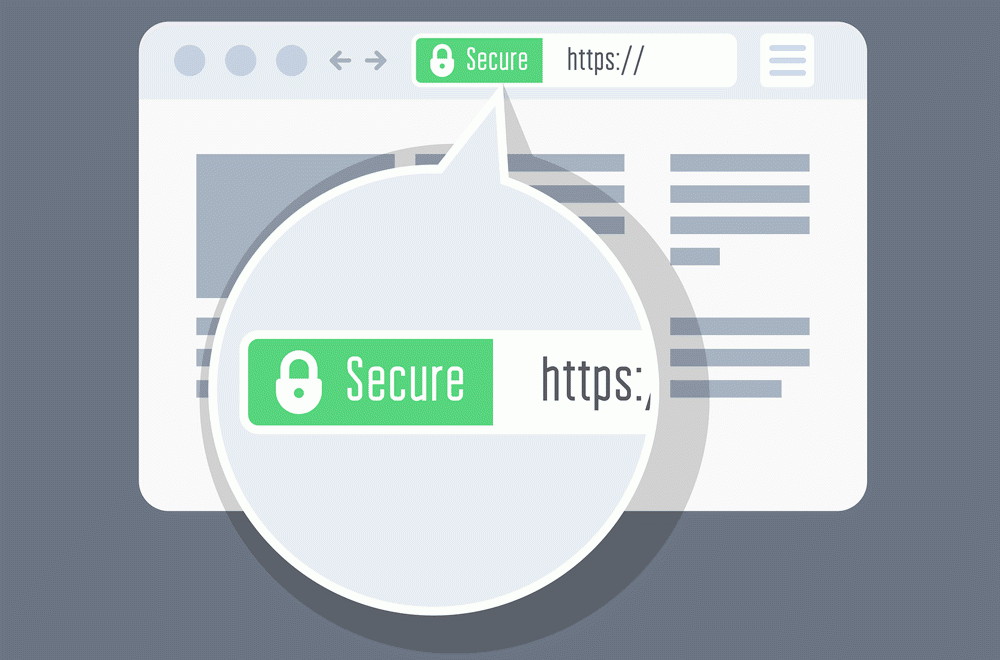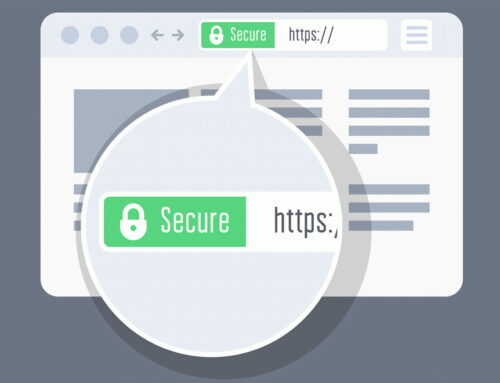
There are different types of SSL certificates based on two criteria: the number of domains or subdomains they cover, and the level of validation they require.
Based on the number of domains or subdomains, there are four main types of SSL certificates:
• Single-domain SSL certificates: These certificates apply to one domain only, such as example.com. They cannot be used for any other domain or subdomain.
• Wildcard SSL certificates: These certificates apply to one domain and all its subdomains, such as example.com, blog.example.com, shop.example.com, etc. They are useful for websites that have multiple subdomains under the same domain.
• Multi-domain SSL certificates (MDC): These certificates apply to multiple distinct domains that are not subdomains of each other, such as example.com, example.net, example.org, etc. They are useful for websites that have multiple domains with different extensions or names.
• Unified communications certificates (UCC): These certificates are a special type of MDC that apply to multiple domains and subdomains, such as example.com, blog.example.com, example.net, shop.example.net, etc. They are useful for websites that have multiple domains and subdomains with different extensions or names.
Based on the level of validation, there are three main types of SSL certificates:
• Domain-validated (DV) certificates: These certificates only verify that the domain name is registered and that someone with admin rights is running the website. They are the easiest and cheapest to obtain, but they do not provide any information about the website owner or organization.
• Organization-validated (OV) certificates: These certificates verify the domain name and some information about the website owner or organization, such as name, city, state, and country. They require more documentation and verification than DV certificates, but they provide more trust and credibility to the visitors.
• Extended validation (EV) certificates: These certificates verify the domain name and the full legal identity of the website owner or organization, such as name, address, phone number, etc. They require the most documentation and verification than any other type of certificate, but they provide the highest level of trust and credibility to the visitors. They also display a green address bar with the website owner’s name on some browsers.
The type of SSL certificate you need depends on your website’s purpose, size, budget, and security needs.
